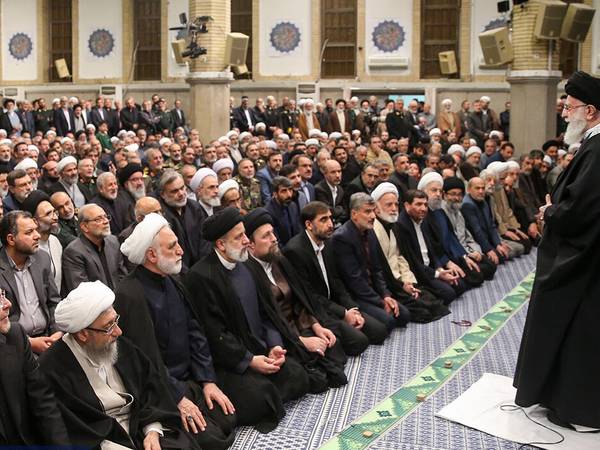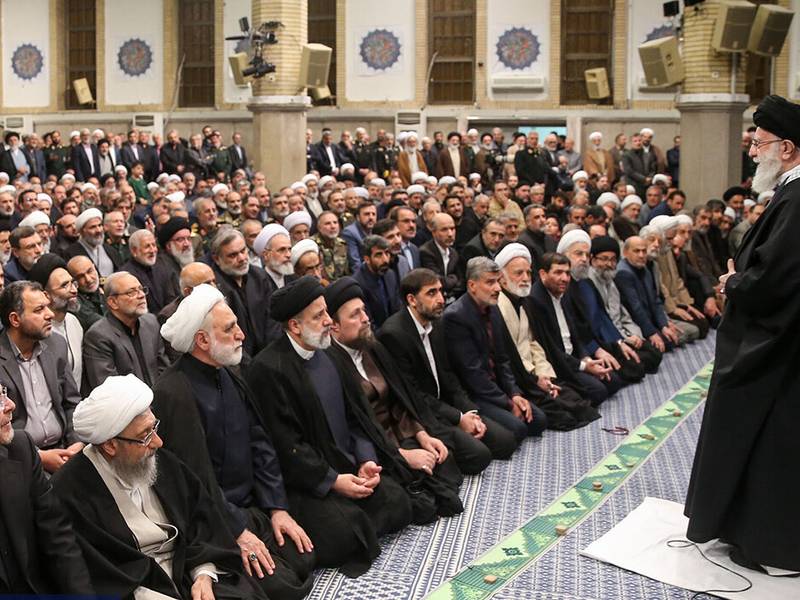More than 230 Iranian activists have condemned the government's corruption claiming that "a limited ruling class" has "reached astronomical wealth while political obstruction and suppression increase."
The statement reflects deep concerns over the chronic crises that have gripped Iran in various sectors ranging from economic to political realms.
Signatories of the statement include prominent figures such as Alireza Rajaie, a dissident journalist who lost an eye in the hands of iran's security forces, Abolfazl Ghadiani, Moteza Alviri, once an ally but now staunch critic of Iran's supreme leader, and former MP Parvaneh Salahshouri, who collectively urge for immediate action to remedy the situation.
They highlighted recent events including the execution sentence against Toomaj Salehi for his protest music, which activists see as an indication of ongoing political and religious autocracy.
Furthermore, they said reports of severe punishments, such as the amputation of fingers for theft, contrast sharply with the government's leniency towards high-level corruption and violations in the regime.
The activists' statement paints a picture of the socioeconomic conditions, highlighting that no substantial progress has been made to alleviate inflation, corruption, or the recession as over one third of Iranians are now living under the poverty line.
According to official statistics, Iran now ranks as the eighth country globally with the highest misery index and fares poorly in international happiness and economic growth metrics. The statement emphasizes the plight of ordinary Iranians, citing that a worker would need over two centuries to afford an apartment in Tehran, underlining the severity of the economic disparities.
The signatories called for a step-by-step structural transition and a comprehensive re-evaluation of policies to address the crises holistically, urging for the establishment of professional and academic organizations within civil society.

